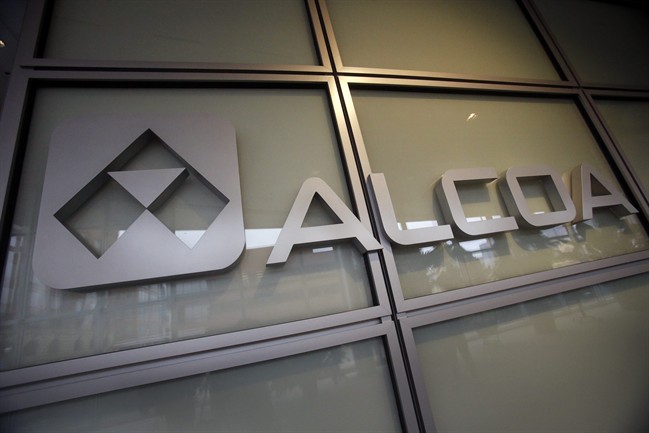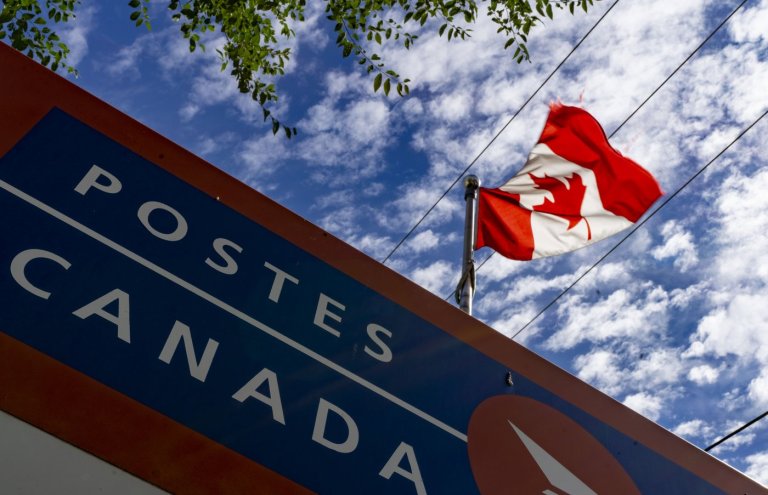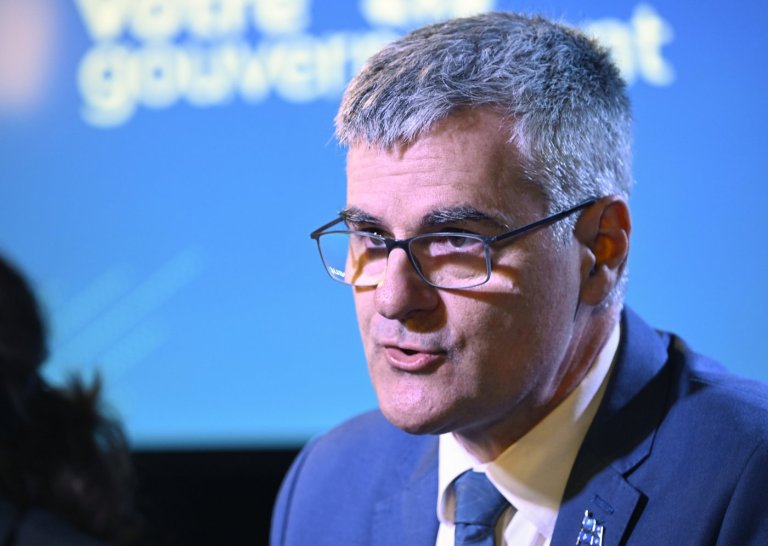
Alcoa splitting its metals segment from its automotive and aerospace units
Alcoa is splitting into two independent companies as it looks to capitalize on growing auto and aerospace demand for aluminum while continuing to adjust to the weak spot metal price.
The Alcoa name will remain with the 126-year-old metals company that does mining, refining and aluminum production, It has 17,000 employees spread over64 plants worldwide, including three in Quebec.
The other company, yet to be named, will focus on engineered products, which includes the automotive and aerospace segments, with 43,000 employees at 157 locations.
Alcoa expects the split to be completed by the second half of 2016. Industry observers don’t expect much impact on the Canadian operations, which benefit from a low currency and low electricity prices.
Klaus Kleinfeld, who will be chief executive of the engineer products company and chairman of both companies, said the split recognizes that two “value engines”have been created over the past few years.
“We are launching two strong companies. Both are driving value. Both will be distinct, global leaders,” Kleinfeld told analysts Monday.
The company has been shifting its focus to its more profitable downstream automotive and aerospace products, which also involves titanium, and shutting unprofitable upstream aluminum smelters amid a surplus of supply and low prices.
About 40 per cent of downstream revenues have come from the aerospace market and the company foresees strong annual growth from plane and engine makers and increased use of aluminum in cars and construction.
Analyst Charles Bradford of Bradford Research in New York said the low Canadian dollar and rock-bottom hydro electricity prices ensure Alcoa’s Canadian operations in Quebec are unlikely to see much of an impact from the split.
Alcoa employs about 3,400 people in Canada, mainly in Quebec, Ontario, and Alberta. It operates Quebec smelters in Baie-Comeau, Deschambault and Becancour and has operations in the aerospace, automotive and construction sectors.
Bradford said Alcoa’s move — which has been mused about for years — is an attempt by the company to boost the value of its shares which have been tied to the price of aluminum.
Jean Simard, president of the Aluminum Association of Canada, said the low Canadian dollar ensures that the Quebec operations will continue.
“(But) if it wasn’t for the currency exchange we would be in a very bad position,” he said.
Kleinfeld said the company has achieved productivity gains and US$1.3 billion of extra profits from 2010 to 2014 from closing and selling assets in the last few years. That’s left about half of its aluminum capacity, including sites in Canada, Iceland and Norway, among the lowest cost producers.
Alcoa continues to review its remaining capacity but has options in addition to just closing operations. He pointed to the renegotiation of its hydro power rates in Quebec about 18 months ago.
David Gagliano of BMO World Markets estimates the two businesses will have an enterprise value of US$23 billion to US$27 billion. The upstream assets would be worth US$5.6 billion to US$8.9 billion while he pegs the downstream value-added business at US$17.5 billion to US$18.5 billion.
“The move is likely to be viewed as positive initially, a transaction that is arguably long overdue and that draws attention to the higher-valued downstream businesses,” he wrote in a report. However he said the implied share price of $10 to $13 is near Monday’s closing price of US$9.59.
Follow @RossMarowits on Twitter
Note to readers: Fixes typo (Bbut) in para 13
Join the Conversation!
Want to share your thoughts, add context, or connect with others in your community?
You must be logged in to post a comment.



















